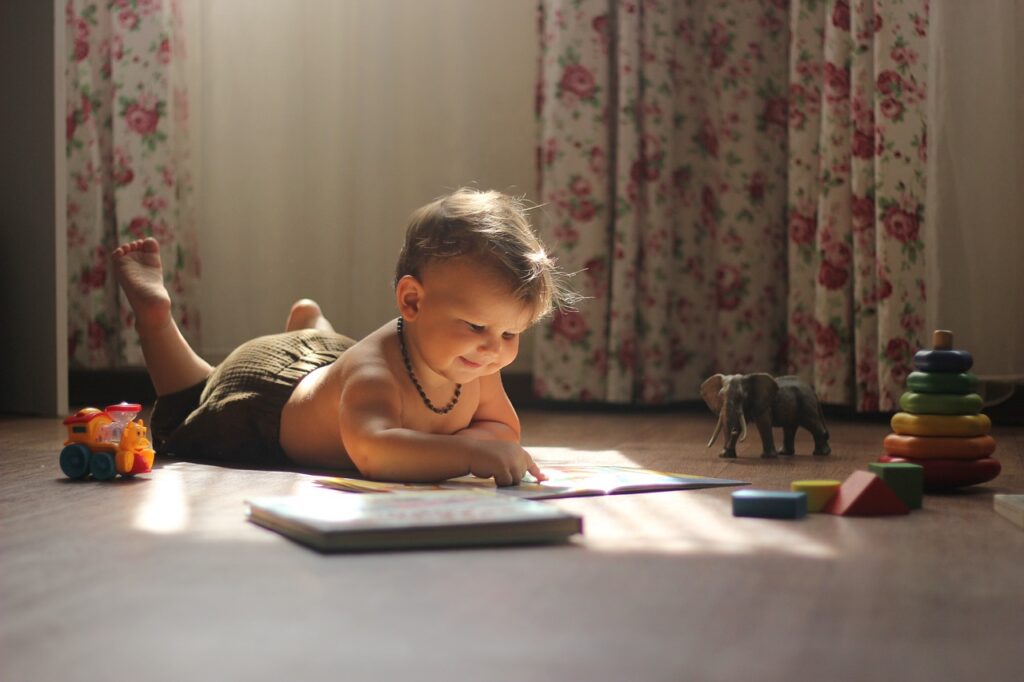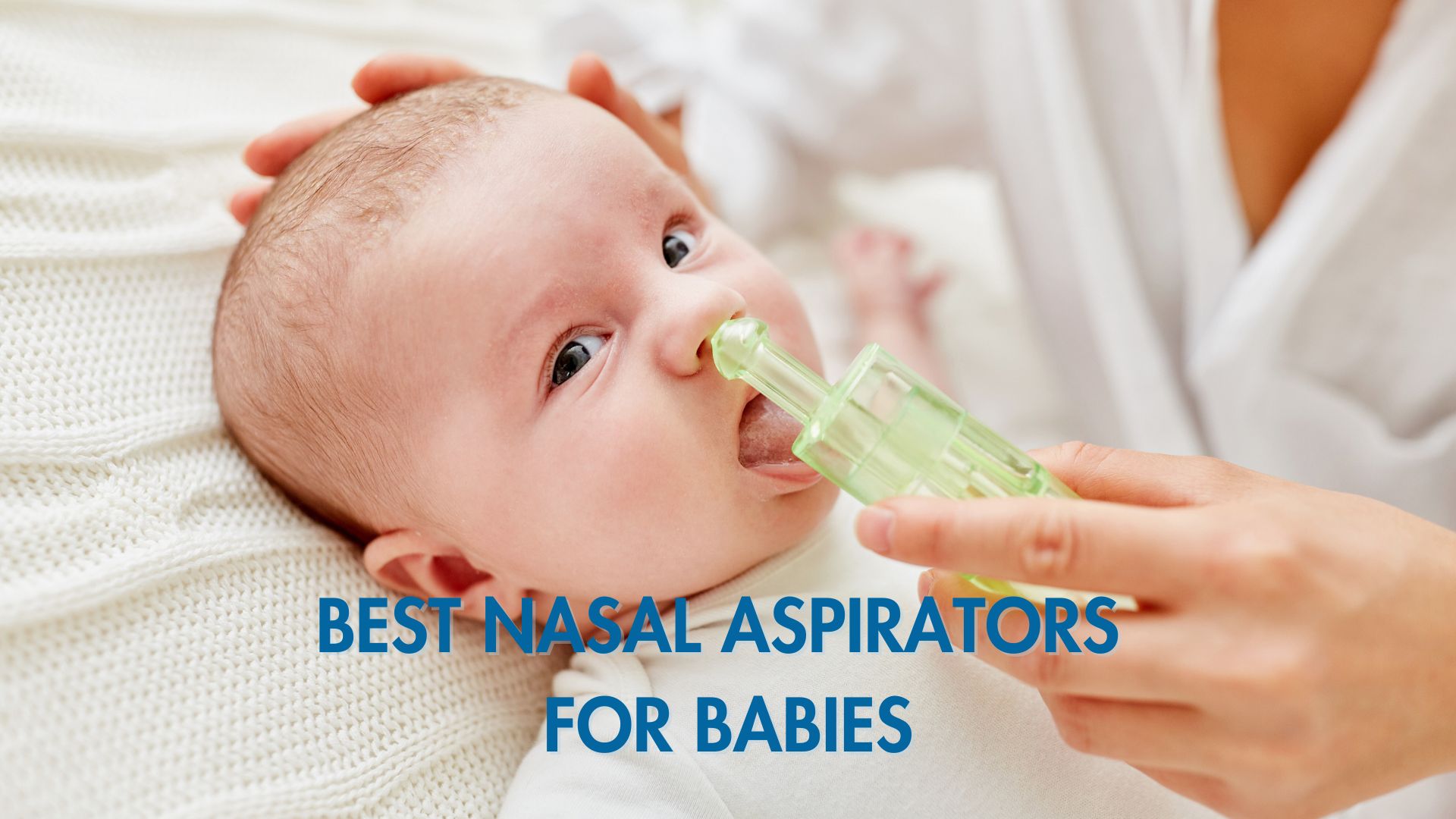
Imagine this: your little one just rolled over for the first time, and you couldn’t be prouder. Moments like these are not just heartwarming; they mark essential steps in your baby’s growth. Each smile, coo, and wobbly step is a testament to their development and a milestone worth celebrating. But as exciting as these moments are, they can also be accompanied by a whirlpool of questions and concerns. Which milestones should you expect, and when? How can you support your baby’s progress effectively without feeling overwhelmed? Welcome to “Understanding Every Step of Baby Milestones: A Parent’s Ultimate Guide,” where we demystify the incredible journey of baby milestones, offering you a comprehensive roadmap to navigate through your child’s early years with confidence and joy.
As parents, we often find ourselves marveled by the seemingly small yet monumental achievements of our children. From that very first giggle to their initial independent steps, every milestone is a new chapter in their story. However, amidst this awe-inspiring journey, it’s easy to get lost in a sea of expectations and societal benchmarks. What if your baby doesn’t follow the “standard” timeline? This guide aims to answer your pressing questions, providing not only the expected developmental milestones but also insights into the variations that make each child’s path unique. By understanding the nuances of baby milestones, you can better appreciate the individuality of your child’s development and foster an environment that celebrates every step, no matter how big or small.
The Significance of Baby Milestones
Every baby milestone is a significant event in your child’s life. These milestones mark important developmental achievements and provide insights into your baby’s growth and progress. They are not just mere moments to be celebrated; they also serve as indicators of your baby’s overall health and well-being.
When your baby reaches a milestone, it means that they have acquired a new skill or reached a particular stage of development. It is an exciting time for both you and your little one, as it signifies their increasing independence and ability to interact with the world around them.
Understanding the significance of these milestones can help you appreciate the incredible journey of your baby’s development. It allows you to track their progress, identify any potential delays or concerns, and provide appropriate support to help them reach their full potential.
Tracking Developmental Milestones: What to Expect
Tracking developmental milestones is an essential part of monitoring your baby’s growth and ensuring that they are reaching their developmental goals. While every child develops at their own pace, there are general guidelines that can help you understand what to expect during each stage.
In the first few months, you can expect your baby to achieve physical milestones such as lifting their head, rolling over, and sitting up with support. As they grow older, they will start crawling, standing with assistance, and eventually taking those first wobbly steps.
Cognitive milestones are also crucial indicators of your baby’s mental development. From recognizing familiar faces to understanding simple instructions, these milestones demonstrate the growth of their cognitive abilities.
Language development is another significant aspect of tracking milestones. Your baby will go from babbling sounds to saying their first words and eventually forming simple sentences.


Cognitive Milestones: Unveiling Your Baby’s Growing Mind
Your baby’s cognitive milestones provide insights into their growing mind and intellectual abilities. These milestones involve their ability to think, reason, problem-solve, and understand the world around them.
During the first few months, your baby will start recognizing familiar faces and objects. They will also develop a sense of cause and effect, understanding that certain actions lead to specific outcomes.
As they grow older, they will begin to imitate actions and gestures, showing their ability to learn from observation. They will also engage in pretend play, demonstrating their imagination and creativity.
By the time they reach toddlerhood, your child will start solving simple puzzles, sorting objects by shape or color, and following simple instructions. These cognitive milestones are crucial for their future learning and problem-solving skills.
Motor Skills Milestones: From Rolling Over to Taking First Steps
Motor skills milestones refer to your baby’s physical abilities and coordination. These milestones involve both gross motor skills (larger movements) and fine motor skills (smaller movements).
In the early months, your baby will gradually gain control over their neck muscles and be able to lift their head during tummy time. They will then progress to rolling over from front to back and vice versa.
Crawling is another significant milestone that marks your baby’s increasing mobility. It allows them to explore their surroundings independently.
As they approach their first birthday, your baby may start pulling themselves up on furniture or using support to stand. This milestone sets the stage for walking as they gain confidence in taking those first steps.
Communication Milestones: Understanding Your Baby’s Language
Communication milestones involve your baby’s ability to understand language and express themselves through sounds, gestures, and eventually words.
In the early months, your baby will communicate through crying, cooing, and making different sounds. They will respond to your voice and start recognizing familiar voices and sounds.
As they grow older, they will start babbling and imitating sounds. They will also begin to understand simple instructions and respond to their name.
By their first birthday, your baby may say their first words, such as “mama” or “dada.” They will continue to expand their vocabulary and develop more complex language skills over time.
Social and Emotional Development: Nurturing Healthy Bonds
Social and emotional milestones are essential for your baby’s overall well-being. These milestones involve their ability to form attachments, interact with others, express emotions, and regulate their behavior.
In the early months, your baby will develop a strong bond with you through eye contact, smiles, and physical touch. They will also start showing signs of stranger anxiety as they become more aware of unfamiliar faces.
As they grow older, they will engage in social play with other children and show empathy towards others. They will also start expressing a wider range of emotions such as joy, frustration, and sadness.
By the time they reach toddlerhood, your child will begin asserting their independence while still seeking comfort from you. They will also develop a sense of self-identity and show preferences for certain activities or toys.


Red Flags: When to Seek Professional Advice
While every child develops at their own pace, it is essential to be aware of potential red flags that may indicate a developmental delay or concern. If you notice any significant delays or regression in milestones across multiple areas (physical, cognitive, language), it is advisable to seek professional advice from your pediatrician or a developmental specialist.
Some red flags to watch out for include:
- No response to their name by 12 months
- No babbling or attempts to imitate sounds by 12 months
- No attempts to crawl or stand with support by 12 months
- No words spoken by 18 months
- Lack of social engagement or eye contact
Remember, early intervention is crucial in addressing any potential developmental concerns and providing the necessary support for your child’s growth and development.
Celebrating Progress: Honoring Every Achievement
Every milestone achieved by your baby is a cause for celebration. Whether it’s their first smile, their first word, or their first steps, each achievement represents a significant step in their journey of growth and development.
As parents, it’s important to celebrate these milestones and acknowledge the hard work and effort your baby puts into reaching them. Celebrations can be as simple as clapping, cheering, or giving them words of encouragement.
Creating a positive and supportive environment will not only boost your baby’s confidence but also strengthen the bond between you and your little one. Remember that every milestone is unique to your child, and comparing them to others may lead to unnecessary stress or anxiety.
Supporting Your Child’s Unique Journey
Each child follows their own unique path of development. While it’s helpful to have general guidelines for milestones, it’s equally important to recognize that every child develops at their own pace.
As a parent, you play a crucial role in supporting your child’s journey. Here are some ways you can provide the necessary support:
- Offer a safe and stimulating environment for exploration and play
- Engage in activities that promote physical, cognitive, and social development
- Read books, sing songs, and engage in conversations to foster language skills
- Provide opportunities for social interaction with other children
- Be patient and understanding, allowing your child to progress at their own pace
Remember that every child is unique, and their milestones may not align perfectly with the expected timeline. Embrace their individuality and celebrate each step of their journey.
Conclusion: Embracing the Beautiful Diversity of Baby Milestones
The journey of baby milestones is a beautiful tapestry of growth, development, and discovery. Each milestone achieved by your little one is a testament to their unique abilities and potential.
In this ultimate guide to understanding baby milestones, we have explored the significance of these milestones, tracked the developmental expectations across various areas such as cognition, motor skills, communication, and social-emotional development.
We have also discussed the importance of celebrating every achievement while being mindful of potential red flags that may require professional attention. Finally, we have emphasized the importance of supporting your child’s unique journey by providing a nurturing environment that encourages growth and development at their own pace.
As parents, it’s essential to embrace the beautiful diversity of baby milestones. Your child’s path may be different from others’, but it is equally remarkable. By understanding every step of their journey and offering unwavering support along the way, you can create an environment where your baby thrives and reaches their full potential.






